

UK Advanced Accelerator Program
Fast-track your Bachelor’s degree in the UK, UAE or India.
Choose from Business or IT degrees from 7 top universities.
Choose from Business or IT degrees from 7 top universities.
Through The WorldGrad’s UK Advanced Accelerator Program, students earn Pearson BTEC qualifications that are recognized by World Education Services. Learn more about what WES Program Recognition means for you.
The UK Advanced Accelerator Program Leads To Business & IT Degrees Across Popular Universities In UK and UAE
Your Journey With The UK Advanced Accelerator Program
UK Advanced Accelerator Program (UK Higher National Diploma)
Complete in 12 months
Program Provider - The WorldGrad, accredited by Pearson
Credits - 240
Study Mode - In-Country, Online
BACHELOR'S DEGREE (Top-up)
Course Provider - University of choice in the UK or UAE or India
Credits - 120
Study Mode - On-Campus or Online
Advantages Of The UK Advanced Accelerator Program
Subjects You Will Study
Based on your degree selection, you will study the following modules during the UK Advanced Accelerator Program before progressing to the university campus.
Business Modules
Students will be introduced to the fundamental accounting principles that underpin financial operations and support good and sustainable decision-making in any organisation. Students will develop a theoretical and practical understanding of a range of financial and management accounting techniques. Read unit description
Students get background knowledge and understanding of business, the functions of an organisation, and the wider business environments in which organisations operate. Students will examine the different types of organisations (including for-profit and not-for-profit), their size and scope (for instance micro, SME, transnational and global) and how they operate. Students will explore the relationships that organisations have with their various stakeholders and how the wider external environments influence and shape business decision-making. Read unit description
Students will be introduced to digital marketing and its importance in the successful marketing of organisations. The unit will enable students to develop an understanding of how organisations use various digital tools and techniques to engage their customers and maintain a competitive advantage. Read unit description
Students will be introduced to core financial management principles and strategies. Students will consider the significance of the financial management function in an organisation as it seeks to maximise shareholder value, manage risk and achieve business objectives in complex operating environments. Students will be introduced to alternative sources of internal and external business finance and gain confidence in recommending strategies for managing working capital. Read unit description
Students will explore the wider position that some organisations have in the global environment. Students will gain an appreciation of the complexities of operating in a global environment, enabling them insight into an organisation’s current or aspirational global presence. Read unit description
Students will understand and be able to apply principles of effective HRM in order to enhance sustainable organisational performance and contribute to organisational success, holding business outcomes and people outcomes in equal balance. Students will apply HR practices in a work-related context, utilising their knowledge and practising skills and behaviours in relevant professional areas, including resourcing, talent planning and recruitment, learning and development and employee engagement. Read unit description
Students will learn the difference between the function of a manager and the role of a leader. Students will consider the characteristics, behaviours and traits that support effective management and leadership. Students will learn about the theories that have shaped the understanding of leadership and management and how these have provided a guide to action for managers and leaders who want to secure success for their businesses. Students will look at leadership styles, how and why they are used and the extent to which they are effective. Read unit description
Students will be introduced to the dynamic world of the marketing sector and the wealth of exciting career opportunities available to support their decision making in their career choices. Students will have the opportunity to learn about the competencies and behaviours required by employers to work in the marketing sector. They will be introduced to the key principles of marketing, enabling them to develop a marketing plan and to employ elements of the marketing mix to achieve results. They will study the underpinning theories and frameworks of marketing while relating them to real-world examples, including products/services that they encounter in their daily lives. Read unit description
Students will get an opportunity to demonstrate the skills required for managing and implementing a small-scale business project. They will undertake independent research and investigation for carrying out and executing a business project that meets appropriate business aims and objectives. Read unit description
Students will get the background knowledge and understanding of how businesses manage the customer experience – from the initial needs analysis through to after-sales follow-up. Students will map the journey that a customer makes through a business, identifying crucial touch points and recognising how these touch points can be managed to optimise the customer’s experience. Read unit description
Students will explore how operations management manages all business activities to efficiently create and deliver products and services. This includes the transformation of inputs into outputs of finished goods and services, and activities throughout the supply chain. Students will explore the approach to quality management and continuous improvement in the production process. They will review how operations managers have to look externally as well as at internal processes, considering suppliers’ performance and customers throughout the supply chain. Read unit description
Students will develop knowledge and understanding of how organizational behaviour concepts, theories and techniques can be applied in work and management settings to enhance individual, team and organizational performance. Students will be able to apply this knowledge in a variety of business situations. Read unit description
Students will gain a knowledge base and tools that will help them to develop these skills. Topic areas that they will investigate include analysing context prior to negotiation, information management prior to and during negotiation, the process of developing and presenting a case and being able to assess the successes of a new pitch. Read unit description
Students will demonstrate the capacity and ability to identify a research theme, to develop a research aim and objectives and to present the outcomes of such research in both written and verbal formats. The unit also encourages students to reflect on their engagement in the research process, during which recommendations for future, personal development are key learning points. Read unit description
Students will explore the contribution that strategic Human Resource Management (HRM) makes towards the development and achievement of sustainable organisational strategies. Students will develop an understanding and appreciation of seminal and contemporary HR models, theories, concepts and practices, which enable HR practitioners to make a positive contribution to sustainable organisational performance from an HR perspective. Read unit description
Computing Modules
Students will learn to develop the skills required to become a skilled data analyst. It includes investigation of a range of different programming languages, aimed at both data analytics and general use, good development guidelines and the design, development and testing of a sizeable tool to analyse and utilise a large data set. These skills are especially relevant to today’s data analyst, data scientist, social researcher, market researcher and others who utilise large data sets in their work. Read unit description
Students are introduced to a business-related problem and will need to adopt and use appropriate methods and practices to analyse, break down and discuss the issues – then decide, design, create and test a possible solution. Students should be free to debate, evaluate and select different design and development methodologies, depending on their own judgement and consideration. Read unit description
Students will examine how data and information support business processes, and the mechanisms to source and utilise data and turn it into usable, and valuable, information output. Students will explore real-world business problems, the emergence of data science and how the application of data science can be used to support business processes. Finally, students will demonstrate the practical application of data science techniques to support real-world business problems. Read unit description
Students will gain an appreciation of issues associated with managing cloud service architecture and develop a critical awareness of cloud-computing-based projects. Topics included in the unit are the paradigms of networking, fundamentals of cloud computing, cloud computing architecture, deployment models, service models, security, technological drivers and cloud service providers. Read unit description
Students will be able to demonstrate the capacity and ability to identify a research theme, to develop research aims, objectives and outcomes, and present the outcomes of such research in both written and verbal formats. Students are encouraged to reflect on their engagement in the research process, during which recommendations for personal development are key learning points. Read unit description
Students will get opportunities to develop an understanding of the concepts and issues relating to database design and development. It will also provide the practical skills needed to be able to translate that understanding into the design and creation of complex databases. Read unit description
Students are introduced to the discrete mathematical principles and theories that underpin software engineering. Through a series of case studies, scenarios and task-based assessments, students will explore set theory and functions in a variety of scenarios, perform analysis using graph theory, apply Boolean algebra to applicable scenarios and, finally, explore additional concepts in abstract algebra. Read unit description
Students will get a wider background knowledge of computer networking essentials, how they operate, protocols, standards, security considerations and the prototypes associated with a range of networking technologies. Students will explore a range of hardware, with related software, and will configure and install these to gain knowledge of networking systems. A range of networking technologies will be explored to deliver a fundamental knowledge of Local Area Networking (LAN), Wide Area Networking (WAN) and their evolution to form large-scale networks. Students will also explore the protocol methodologies related to IP data networks. Read unit description
On successful completion of this unit, students will be able to operate any given operating system competently and undertake routine maintenance and optimisation of operating systems. As a result, they will develop skills such as communication literacy, critical thinking, analysis, reasoning and interpretation, which are crucial for gaining employment and developing academic competence. Read unit description
Students will get an opportunity to demonstrate the research skills required for developing a deeper understanding of a subject and the ability to use evidence to inform decisions. Students will undertake independent research and investigation of a theme set by Pearson. Students will also investigate and research an industry sector as outlined in the centre-set project brief. Students will use the outcomes of their research to help them plan a computer-based project and to support recommendations for how the identified business could utilise the tools and technologies identified as part of their research. Read unit description
Students will be introduced to the core concepts of programming along with an introduction to algorithms and the characteristics of programming paradigms. Among the topics included in this unit are: introduction to algorithms, procedural, object-oriented and event-driven programming, security considerations, the integrated development environment and the debugging process. Read unit description
Students will get a foundation for good practice in a variety of contexts. Students will develop communication skills, communication literacy and learn the use of qualitative and quantitative data to demonstrate analysis, reasoning and critical thinking. Students will carry out tasks that require working with others in a team-based scenario and planning and problem solving. Read unit description
Students will learn about security, the associated risks and how it has an impact on business continuity. Students will examine security measures involving access authorisation and regulation of use. They will implement contingency plans and devise security policies and procedures. The unit also introduces students to detection of threats and vulnerabilities in physical and IT security, and how to manage risks relating to organisational security. Read unit description
Students are introduced to lifecycle decision-making at different stages of the software development process. They will examine various lifecycle models and learn to appreciate their particular characteristics in order to understand for which project environments they are most appropriate. Theoretical understanding will be translated into practical skills through an actual software development lifecycle project. Students will become confident in the use of particular tools and techniques relevant to a chosen methodology. Read unit description
Students will analyse the information needs of an organisation at different levels and in different functional areas. They will understand organisations in terms of their information needs and the variances in different functional areas. Students will examine different information systems at the operational, tactical and strategic levels and will evaluate their effectiveness and role in terms of decision-making and gaining competitive advantage. Read unit description
Frequently Asked Questions
It’s a fast-track program that lets students complete Years 1 and 2 of a bachelor’s degree in just 12 months from home. Offered by The WorldGrad and accredited by Pearson, the program awards a UK Higher National Diploma (HND) – a globally recognised qualification that leads to the third year on campus in the UK higher education system.
Upon the successful completion of the UK Advanced Accelerator Program, you will receive a UK Higher National Diploma (UK Level 5) qualification. This is issued by Pearson under its BTEC Higher National Programs and is recognised by numerous universities and employers around the world.
Yes, being an internationally recognised UK Level 5 qualification, the HND is accepted by Indian universities such as Lovely Professional University, Punjab; Ajeenkya DY Patil University, Pune; and Jagannath University, Jaipur, for admission into their bachelor’s programs, based on Pearson BTEC partnerships in India.
The UK Advanced Accelerator Program costs INR 6,50,000 + GST. We also offer a merit-based scholarship of INR 1 Lakh per student.
While the UAE doesn’t offer a formal post-study work visa like the UK, graduates can stay and explore job opportunities by applying for a work permit or a job-seeker visa, depending on current immigration policies. On the contrary, the UK offers up to 2 years of post-study work rights.

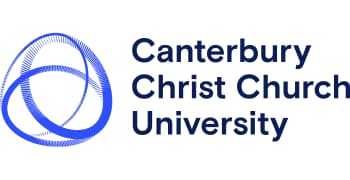
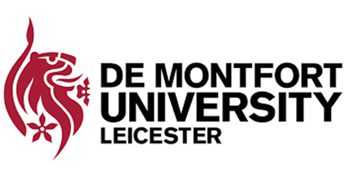
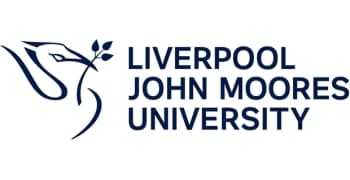
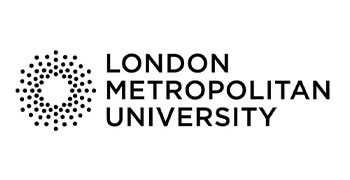
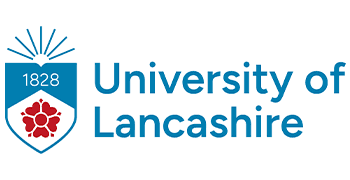
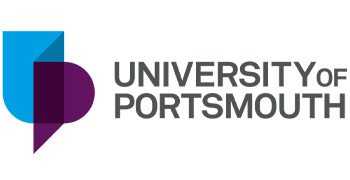
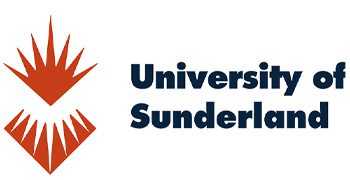
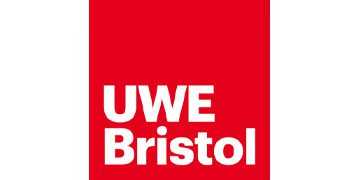




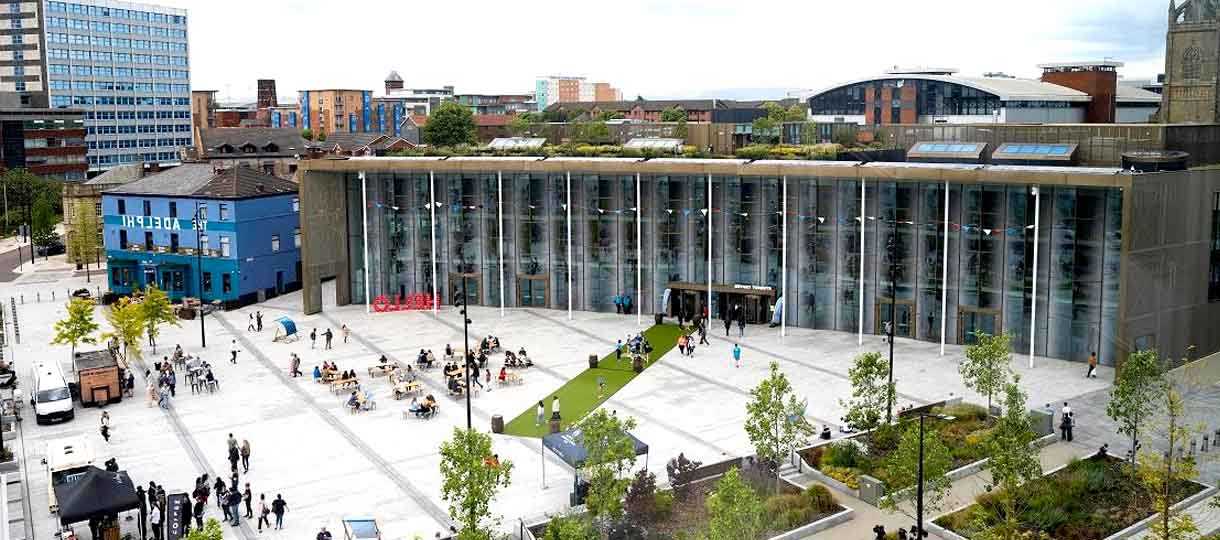

-10.jpg)